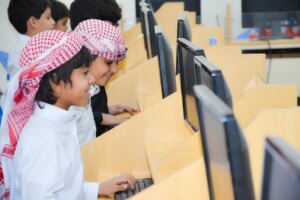If you’re settling in Saudi Arabia with kids, you’re probably wondering how school works here. The good news? There are plenty of options. From local schools to private and international choices, the education system is built to support different needs and backgrounds.
Here’s a simple look at what to expect, so you can find the right fit for your family:
- Education in Saudi Arabia
- Preschool education in Saudi Arabia
- Primary education in Saudi Arabia
- Secondary education in Saudi Arabia
- Graduating in Saudi Arabia
- Support for children with special educational needs (SEN)
- Changing schools in Saudi Arabia
- Homeschooling in Saudi Arabia
- Educational support for expat students in Saudi Arabia
Education in Saudi Arabia
Education options in Saudi Arabia are heavily dependent on your passport and, to a lesser degree, your religion. However, although there are plenty of public, private, and international schools, access is not universal.
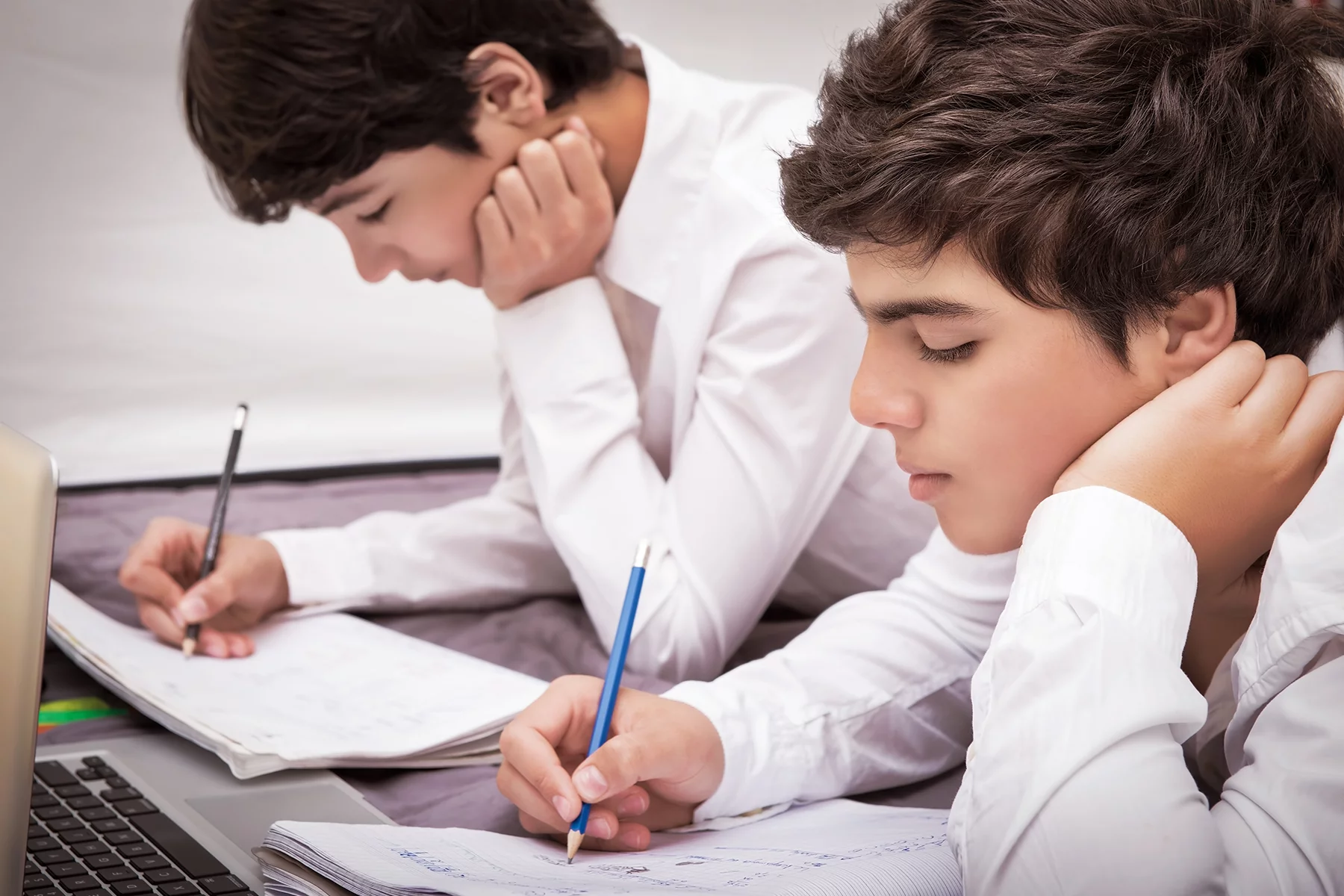
Saudi government schools, for instance, are only open to citizens and residents. That said, non-resident children may enroll, on the condition that they are Muslim. It is important to keep in mind that Saudi government schools are gender-segregated; they also focus much of their teaching on topics such as Islamic studies.
Private schools are privately run, but most follow the national curriculum and teach in Arabic. Therefore, this might not be a feasible option for many expats; most of whom will choose to send their children to international schools. Across the country, however, education is organized into kindergarten (which is optional), and primary and secondary units; with many institutions conveniently offering all three at their schools. The Ministry of Education and the General Presidency of Girls’ Education regulate all schools in the Kingdom.
Preschool education in Saudi Arabia
Public, private, and international nurseries (for children between zero and three) and kindergarten or preschool (for those between three and five) are plentiful. However, these are not compulsory throughout the Kingdom. The focus of this education is more about helping students gain sensory development and social and collaborative skills; plus the necessary skills to be able to enter primary school.
It is important to keep in mind that the curriculum in public schools, and certain private schools, is entirely in Arabic and involves Islamic instruction. Furthermore, classes are taught entirely by women and are not gender-segregated. Expats looking to enroll their little ones in an international preschool should keep in mind that costs could range from SAR 10,000 – SAR 65,000 per year.
Primary education in Saudi Arabia
The primary school system in Saudi Arabia
In Saudi Arabia, primary school is for students between 6 and 12 years old and is overseen by the national Ministry of Education. In fact, all students in the Kingdom must legally attend all six years of primary school. However, none of the higher levels of education are compulsory.
Public primary schools in Saudi Arabia
Government-run primary schools are free and universally available to Saudi citizens and certain expats. And although individual schools differ, there is often a reliance on rote memorization and repetition. The language of instruction is Arabic and there is a heavy emphasis on Islamic studies.
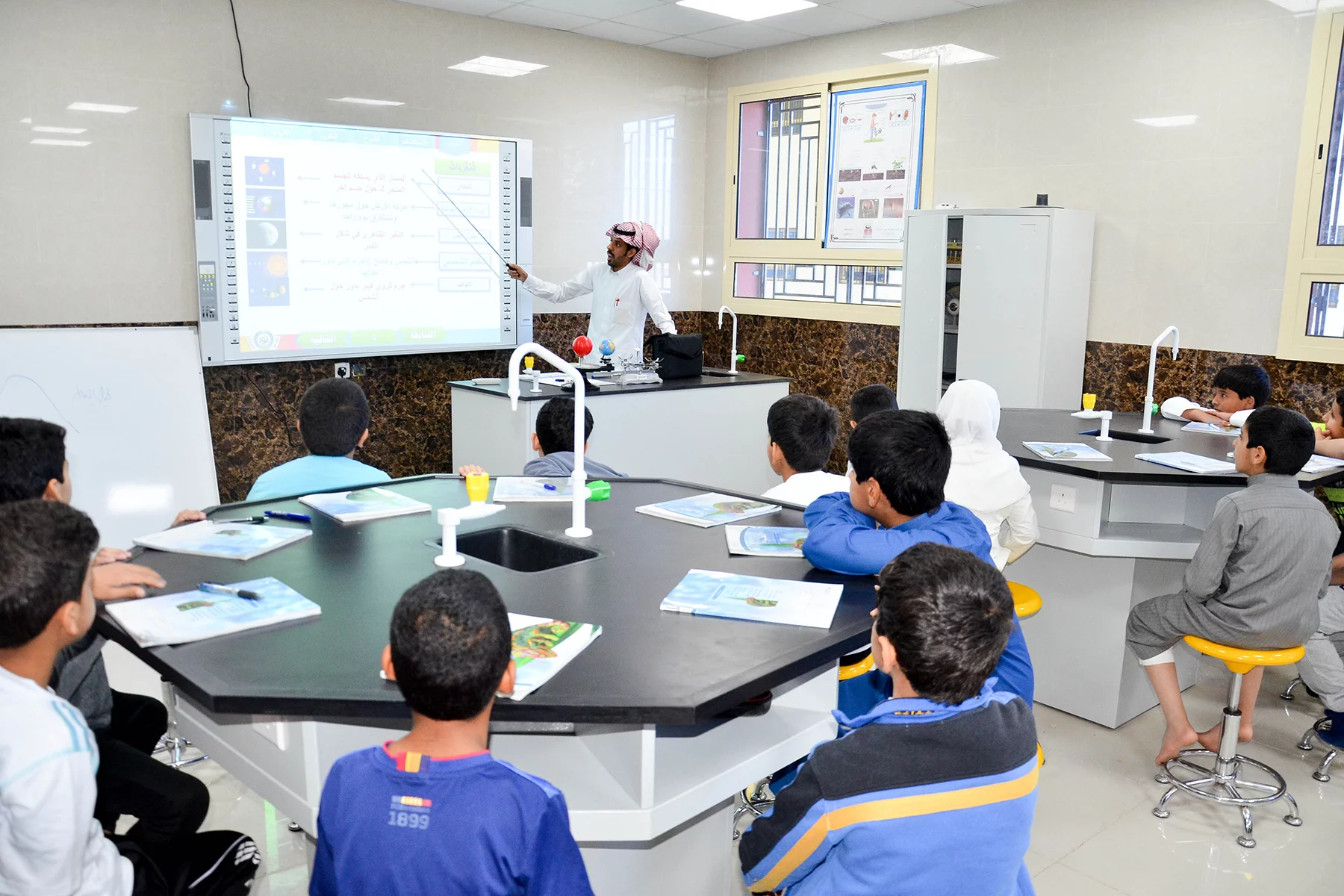
These realities; coupled with complaints about disorganization and the difficulty of transferring educational credits to their home educational system; dissuade many expats from enrolling their children in public schools.
Private primary schools in Saudi Arabia
Private schools in the Kingdom can range from Saudi private schools to nationality-based institutions – for example, German schools – to schools that focus on a particular teaching standard or methodology; for example, the International Baccalaureate (IB). Many expats find that education costs are a serious consideration; these can range from SAR 15,000 to SAR 100,000 depending on the school. Therefore, it is vital that you do your research and determine your educational priorities as a family before visiting schools.
Secondary education in Saudi Arabia
The secondary school system in Saudi Arabia
Depending on the institution, secondary school may have a different meaning in Saudi Arabia. After primary school, the Saudi system splits into intermediate (ages 13 – 16) and secondary (ages 17 – 19) stages. Meanwhile, some international schools call secondary school high school and offer it for those aged between 14 and 17. Neither secondary nor intermediate school is compulsory in the Kingdom – although it is highly advisable.
Public secondary schools in Saudi Arabia
Government intermediate and secondary schools are free for Saudis, however, the quality can depend on the institution. Students generally study math, science, literature, history, Arabic, and Islamic studies; with English becoming a required subject in secondary school. Students who complete intermediate school also have the option to enroll in secondary schools with a particular focus; for example in the arts, sciences, commerce, or a particular vocation.
Private secondary schools in Saudi Arabia
There are plenty of private schools throughout the Kingdom. Some of these follow the Saudi national educational curriculum and some adhere to international certifications; such as the International Baccalaureate program. International schools generally follow the educational standards of either a particular educational model – for example the British GCSE – or a particular country’s educational standards, such as a French international school.
As an expat in Saudi Arabia, your best bet is probably to enroll your child in an international school; so be sure to spend some time reflecting on what kind of curriculum you would like your child to learn. You should also consider whether or where they plan to continue their further study; to make sure their education has the necessary accreditation.
Graduating in Saudi Arabia
Towards the end of secondary school, students in government schools take the General Aptitude Test (GAT); a verbal and quantitative exam to test how much they have learned and how prepared they are for further study. Many Saudi universities require the GAT for admissions. However, students who plan to study at a university abroad will need to meet the admissions requirements of whatever school and country they apply to. One way to avoid accreditation and admission issues is to attend a school that uses the curriculum of the country you are hoping to study in. For example, graduating from a German school in Saudi Arabia might be a good idea for the Germany-bound student.
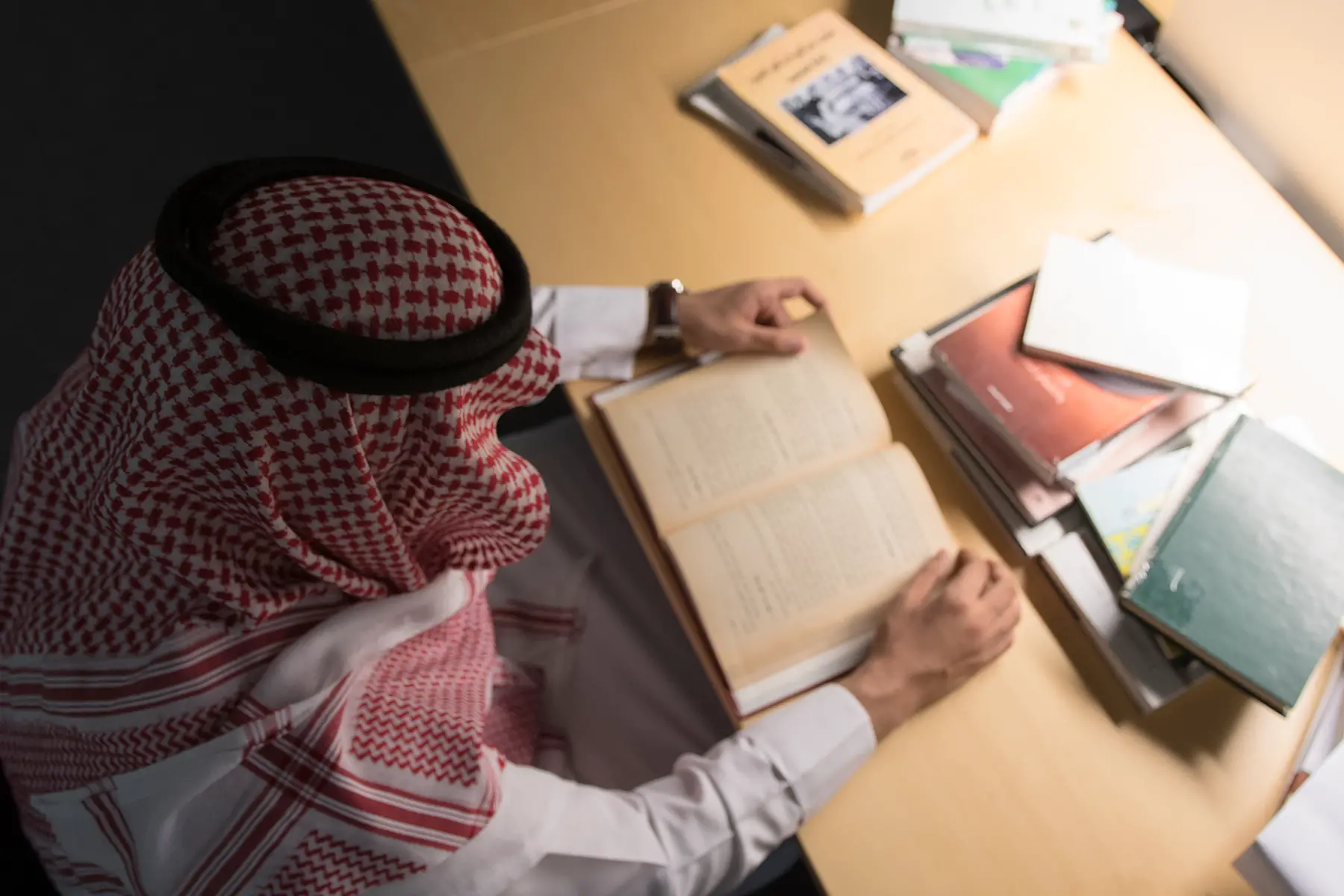
International Baccalaureate in Saudi Arabia
The International Baccalaureate is a good option for students who want an internationally recognized and accredited education system. Widely considered as a rigorous course of study, an IB diploma shows universities globally that students are well-rounded, critical thinkers. Conveniently, 19 schools in the Kingdom offer the IB program.
Support for children with special educational needs (SEN)
Some schools in the Kingdom mainstream children with special needs. Meanwhile, others serve as centers entirely devoted to special needs students. As a parent of a child with special needs, you will need to do significant research to make sure that a school or center can cater to your child’s specific needs. Do your homework, ask questions, and make sure to schedule a visit before enrolling them.
Saudi organizations focus on special needs students. These include Shumua Al Amal, Prince Sultan Center for Special Education Support Services, and Arizona Centers for Comprehensive Education and Life Skills. For expats, the best place to start is with individual schools because some do a great job of accommodating special needs students. Check out the International Schools Group Dhahran Campus, the American International School Jeddah Campus, and the British School of Jeddah.
Changing schools in Saudi Arabia
Given that most expats have to pay fees for their child to attend private or international schools, they have a significant amount of autonomy. You can withdraw your child from a school whenever you would like; however, it might make sense for your child to wait until the end of the semester or the year to leave. The challenge that faces most expats isn’t withdrawing their child from one school, but rather finding a school that is accepting new students. Waiting lists can be very long for popular schools; therefore, be sure that the desired school accepts them first before you withdraw them.
Homeschooling in Saudi Arabia
Homeschooling is allowed in Saudi Arabia but, because it isn’t an officially recognized method of instruction, it can be tricky to find the proper resources. Most expats decide to enroll their children in international schools because they offer such a wide range of options; that said, some parents do choose to home-school. Fortunately, there are plenty of online resources to help parents on their home-schooling journey. These include Enlightium Academy and Wolsey Hall Oxford. There are also networks of home-school parents, such as the Jeddah Homeschoolers Network.
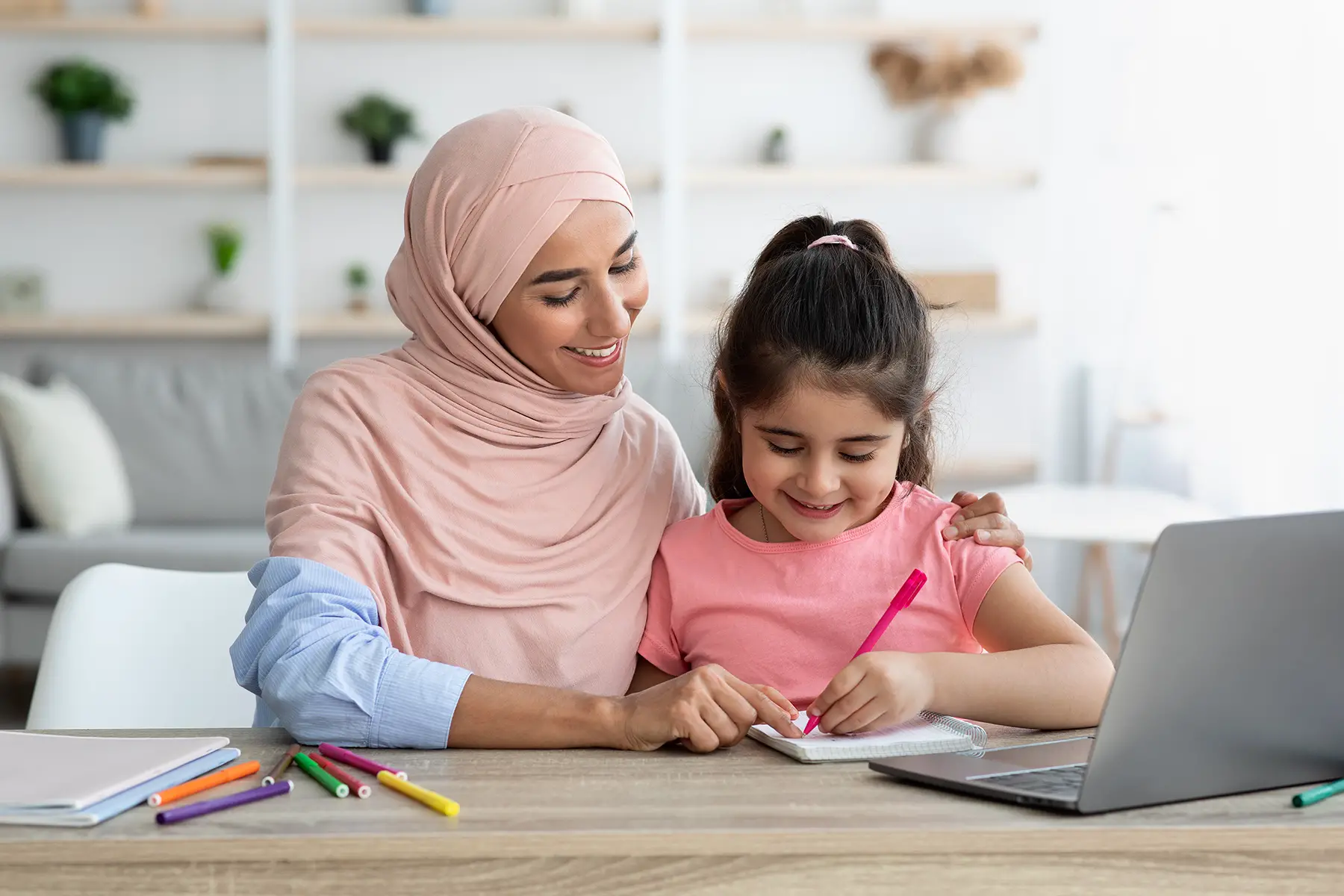
Educational support for expat students in Saudi Arabia
If you are planning to enroll your child in a government school, be prepared to navigate your child’s educational needs in Arabic. Because most public school students are Saudi natives, you may have a hard time finding resources tailored to the expat experience.
If, like most expats, you choose to enroll your child in an international school, you will find an education system tailored to expat students; often with options like SAT or GCSE preparation. Since the majority of their students are non-Saudis, international schools often do well in anticipating and meeting the needs of expat children.





